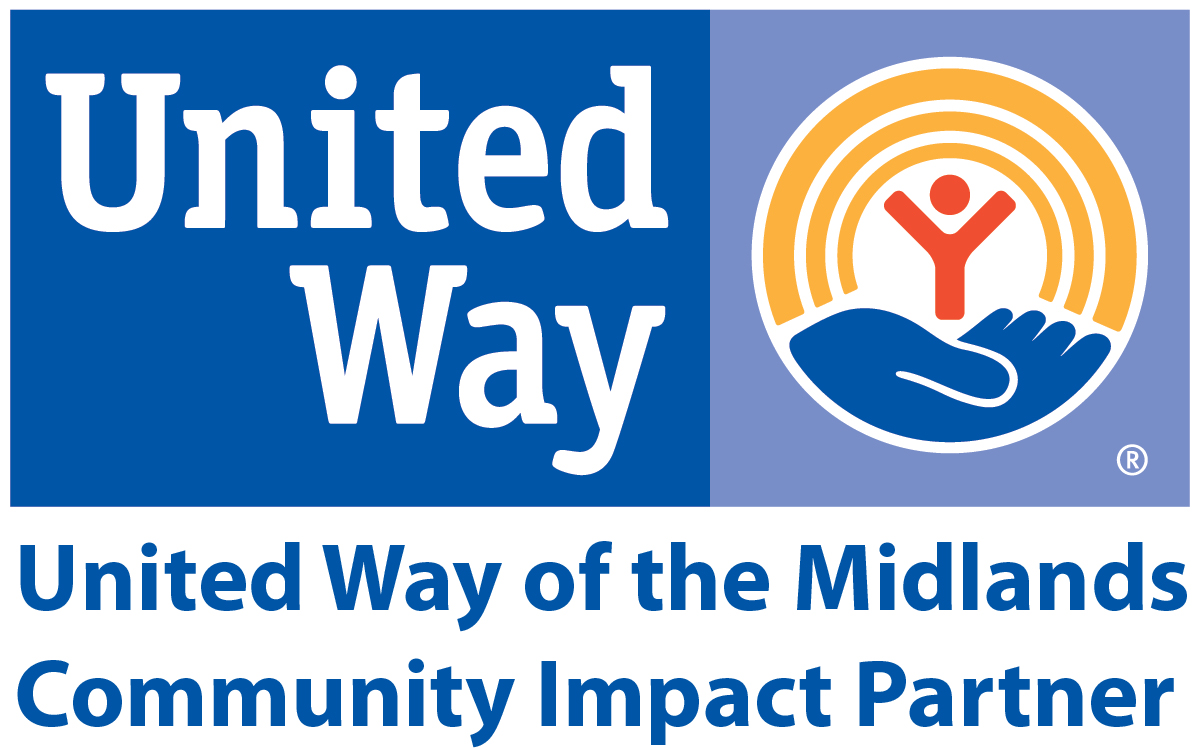Respiratory syncytial (sin-SISH-uhl) virus, or RSV, is a common respiratory virus that usually causes mild, cold-like symptoms, but can be severe for some, including young children and older adults.
RSV can be dangerous for some infants and young children. Each year in the United States, an estimated 58,000 children younger than 5 years old are hospitalized due to RSV infection. Those at greatest risk for severe illness from RSV include:
- Premature infants
- Very young infants, especially those 6 months and younger
- Children younger than 2 years old with chronic lung disease or congenital (present from birth) heart disease
- Children with weakened immune systems
- Children who have neuromuscular disorders, including those who have difficulty swallowing or clearing mucus secretions
Protect yourself and others from RSV:
- Wash your hands often
- Keep your hands off your face
- Avoid close contact with sick people
- Cover your coughs and sneezes
- Clean and disinfect surfaces
- Stay home when you are sick
There is no vaccine yet to prevent RSV infection, but scientists are working hard to develop one. There is a medicine that can help protect some babies at high risk for severe RSV disease. Healthcare providers usually give this medicine (called palivizumab) to premature infants and young children with certain heart and lung conditions as a series of monthly shots during RSV season. If you are concerned about your child’s risk for severe RSV infection, talk to your child’s healthcare provider.

